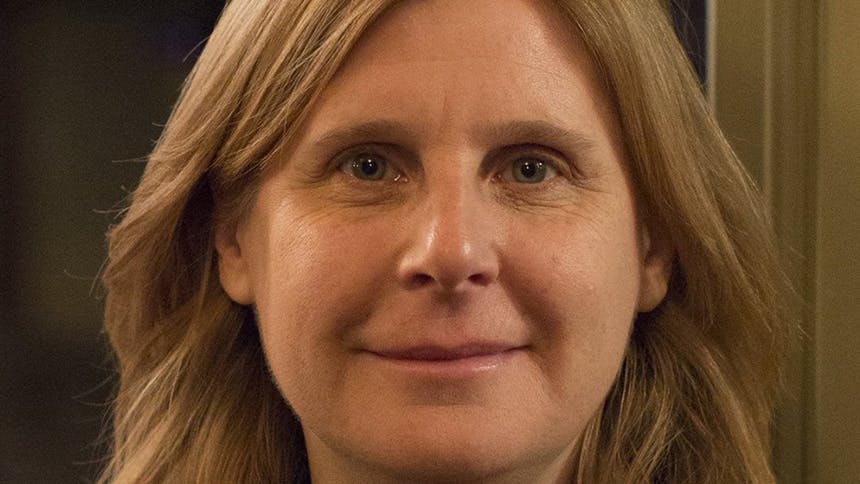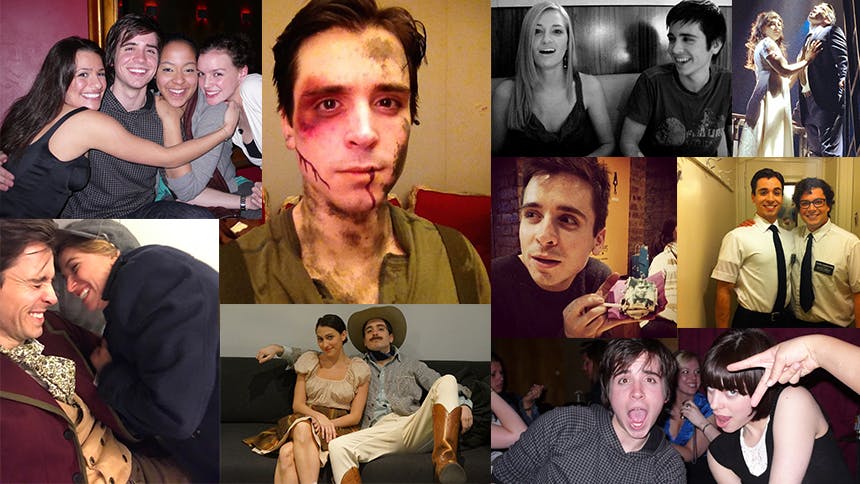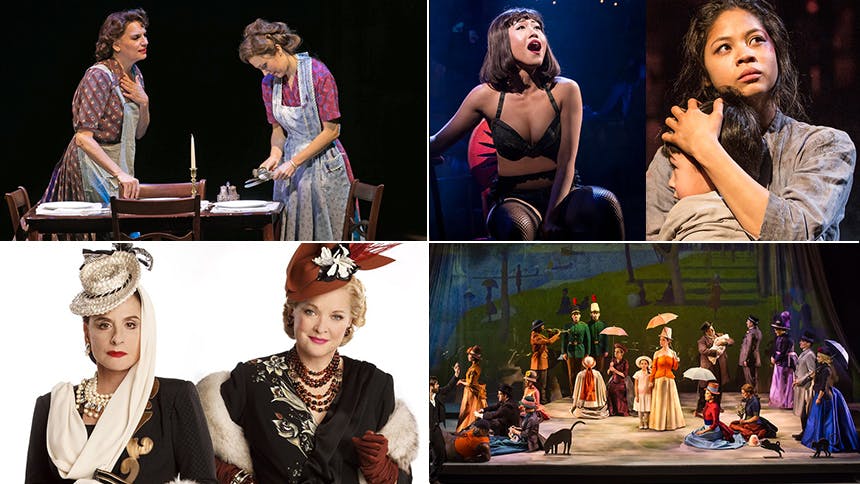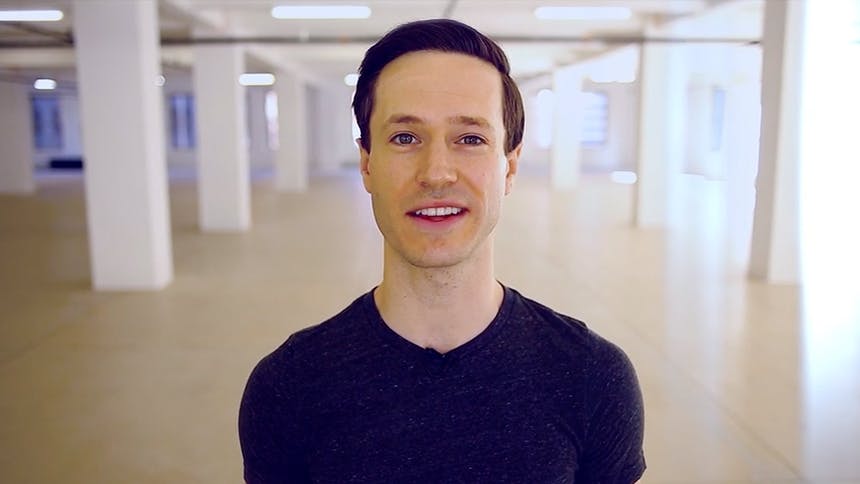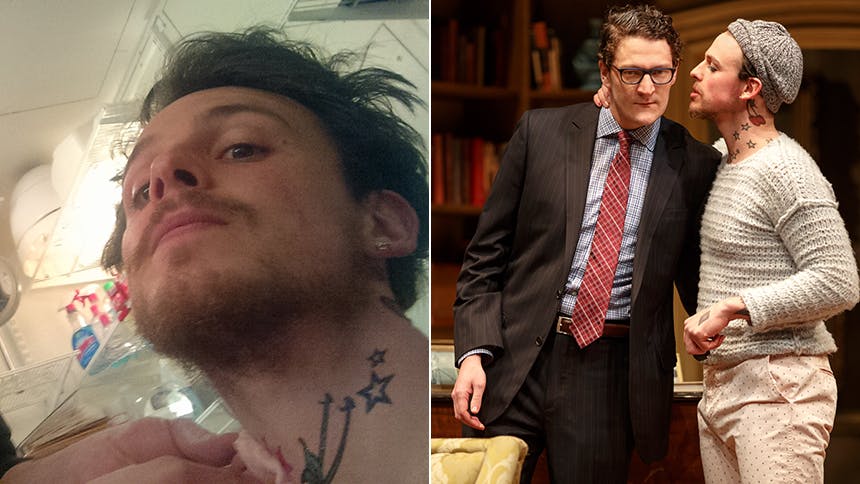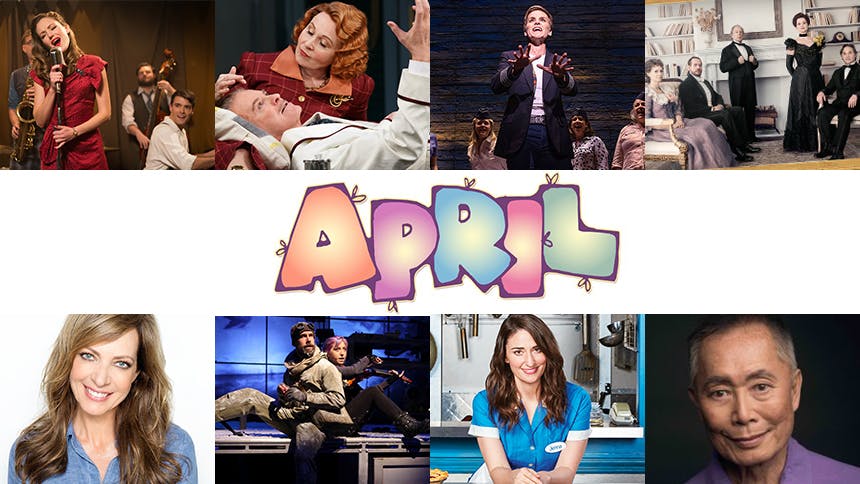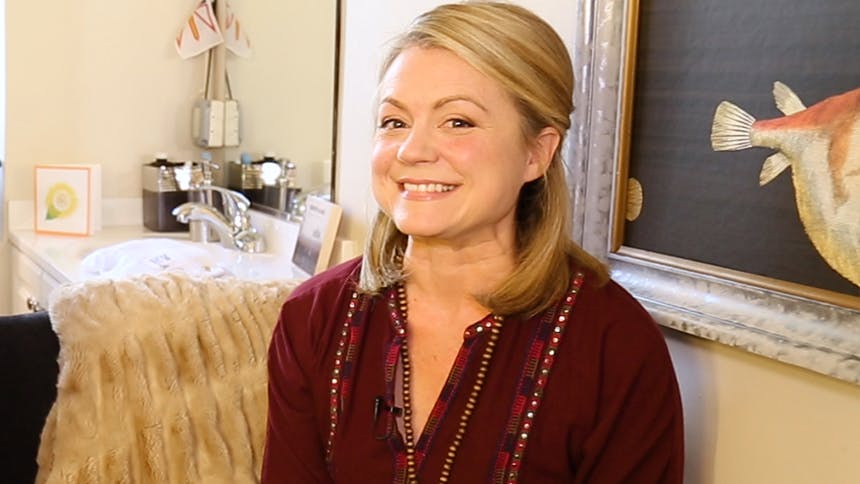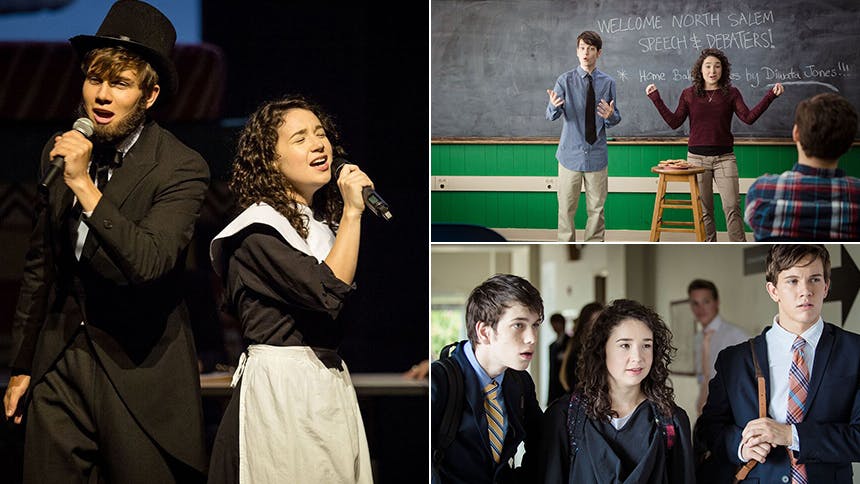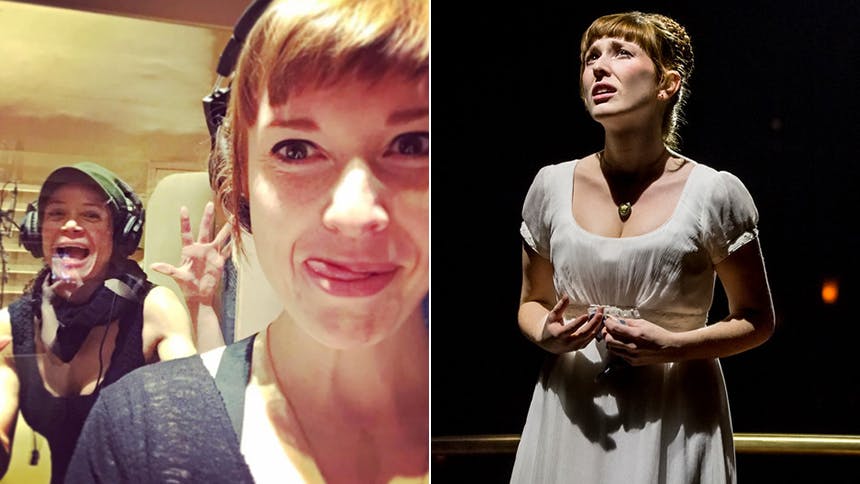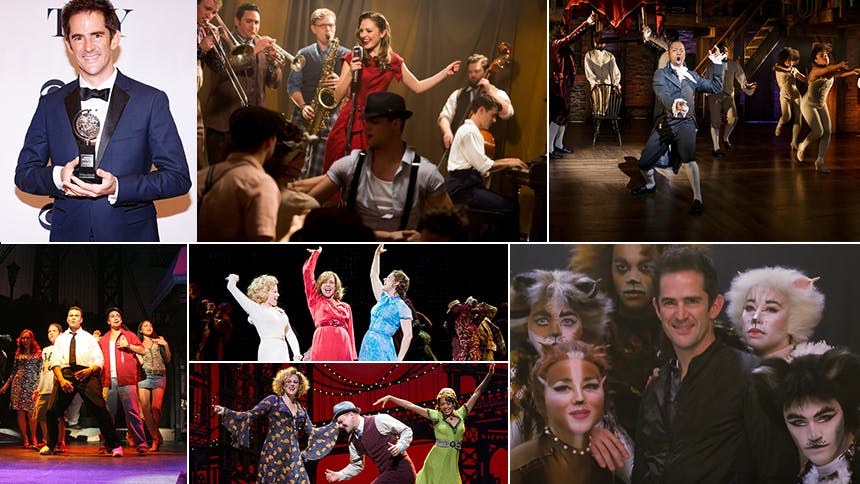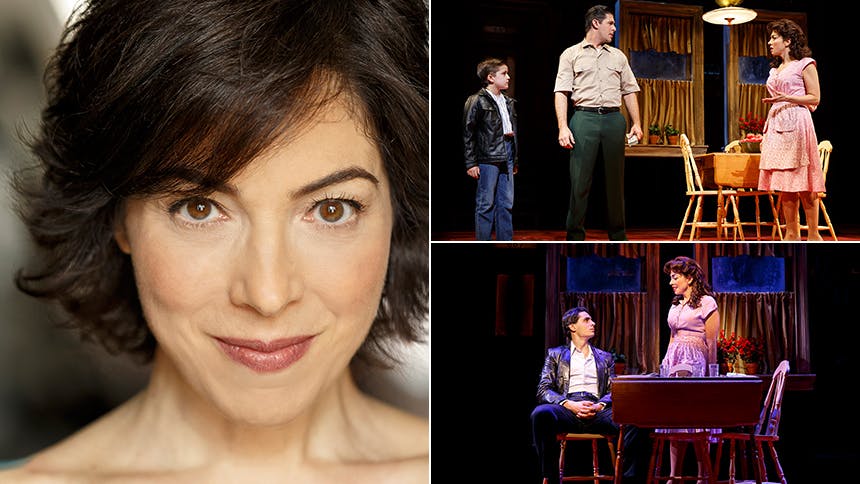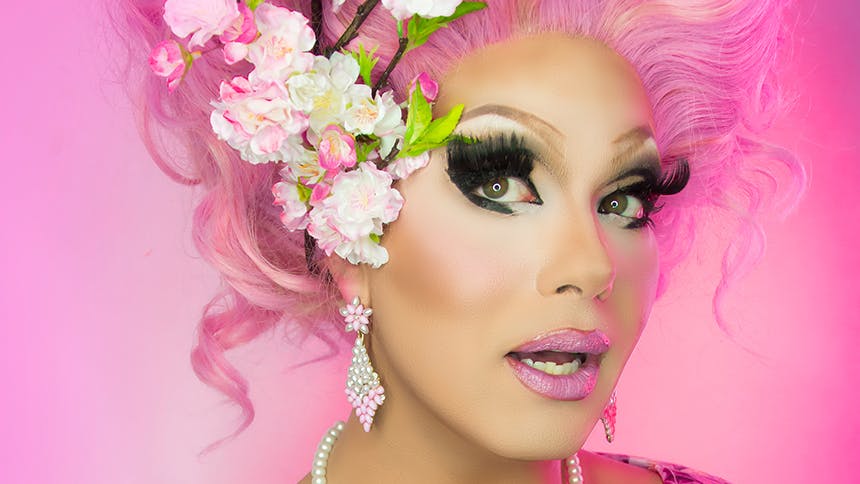Leigh Fondakowski is head writer of The Laramie Project and co-screenwriter for the Emmy-nominated HBO adaptation. She also co-wrote the sequel The Laramie Project: Ten Years Later. Her latest play, SPILL, is based on over 200 hours of interviews collected in the aftermath of 2010 BP oil spill.
BroadwayBox spoke with Leigh for our new interview series with New York theatre's creators and designers. Read on as she discusses her process for creating these interview-based dramas, advice for aspiring writers, and more.
1. What’s the biggest challenge in directing a piece you also wrote? Who is your biggest collaborator in this instance?
The biggest challenge in directing a piece I also wrote is that until the play works as a text, the director can't really properly do her work. So, splitting the rehearsal time between rewrites and directing is always a struggle. The actors need the director to help build their performances, the director needs to attend to the staging, but unless the text is working, I am inclined to focus on that until I feel satisfied with it.
The way that I work as a writer/director is that I don't sit alone in a room and write on my own. I enlist a group of actors and designers to work with me in a laboratory or studio environment while I'm developing the play. We explore the text on its feet. We also use other theatrical elements to explore the text: lighting, sound, movement, set pieces, and costumes. The theatrical vocabulary develops side by side with the text. So, when I finally get into the rehearsal room for a production, many of the staging elements have already been developed. I am not starting from scratch. Even still, the dramaturgical needs of the play and the director's work are sometimes at odds in the rehearsal room, with the playwright almost always taking the space to finish the play while the director waits to do the staging.
In the case of SPILL, the first act has always been clearer. The dramatic event is the rig blowing up, and the theatrical event is the build up to the explosion and the blow out. The second act has always been more challenging. The second act is the spill and the aftermath of the blowout. Two events that are far more passive, more contemplative than a blowout. So the dramaturgical challenge was finding the dramatic tension in trying to stop the gushing oil, and the theatrical challenge was developing a theatrical life for the spill and its consequences. In the end, we used the wreckage of the blowout–about 450 feet of extension cords and cables– to theatricalize the oil hitting the shore.
2. When you are creating a theatrical piece from interviews, what balance do you find between creating a piece of art and staying true to the people who lived it? Did you set any rules for yourself?
There are many academicians who write about the ethics of representation. Anthropologists, journalists, and historians all wrestle with these ethical questions. Artists do as well. I think there is a distinction between an artistic project and a literary or academic one. I am telling a dramatic story. Yet there are, of course, rules that I have set for myself. The interviews of the people are heavily edited, but I never change the meaning or intent of what someone is saying. If I develop their text beyond direct quotes from the material, I always do so with the person's intent or point of view in mind. When things are documented in court records, I do not change the meaning or intent of the testimony. I attempt to stay as true to the facts of the story as possible. My focus is what distinguishes me from other professionals dealing with documenting real events. The things that I focus on are the humanity and personal stories that are born from events like this one. I am looking for what is dramatic in the material, and can leave out what isn't. I am looking to make the material soar in a theatrical context.
3. What are three piece of advice you would give to someone who dreams of becoming a playwright?
First: start writing. Just start writing in whatever form and length you can, and do so as regularly and as often as you can.
Second: see as much theater as possible and develop a critical eye.
And third: start to build a community. Take classes or introduce yourself to like-minded artists, get yourself into the rehearsal rooms that you're interested in, either by assisting or observing. Find your tribe, write, and stay interested and curious about the art form.
4. What’s the biggest lesson you learned from The Laramie Project that informed your approach to SPILL?
In Laramie, we set out to tell the story of a community, a town in crisis. In the case of SPILL, there were multiple communities, many hundreds of people impacted. It wasn't one single group going through something together. I was, however, able to apply some of the same structural techniques to give the audience the feeling that it was a single community. You had the families who lost their loved ones, and then the people along the coast who were devastated by the spill. There was tension between these two groups: whose story is this? Whose lost is the greater loss? I was able to use that tension to strong affect in the play. Like any community there will always be factions. SPILL is the story of an event, but like Laramie, it is the story of a moment in American history. America is at a crossroads. How do we provide jobs and energy to the billions and billions of people on the planet who will need them? And how do we do so in a way that protects the environment for future generations? These questions are not easy to answer, but until we contemplate the true environmental and human costs of our oil use, we cannot take the necessary steps to find a harmonious relationship between oil and nature.
Head to off-Broadway's Ensemble Studio Theatre to see Leigh Fondakowski's 'SPILL' through April 2.
